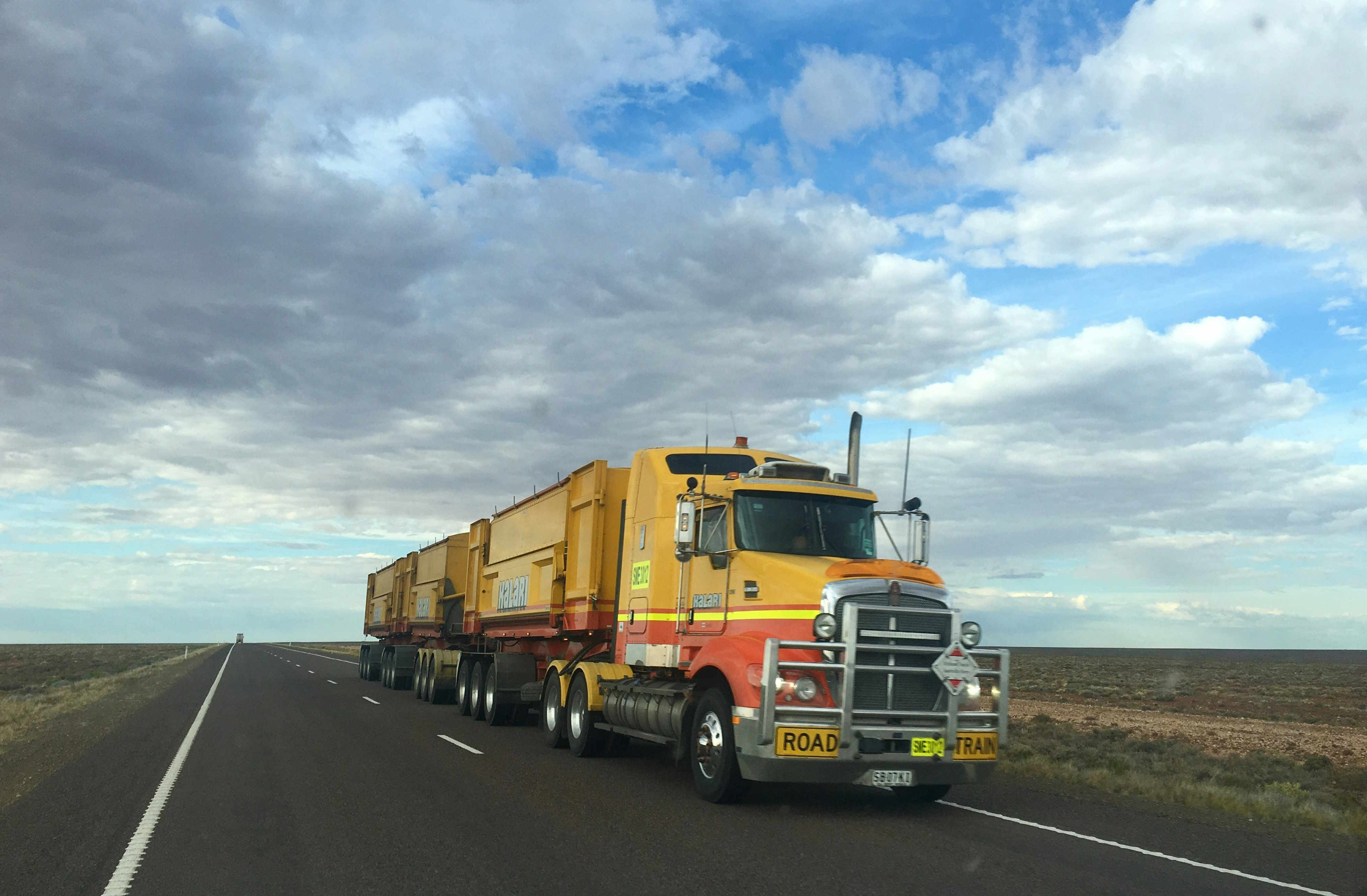Understand How Rent-to-Own Options Work for Small Trailers
Interested in a small trailer without a large upfront cost? Rent to own plans are becoming a popular option. This guide breaks down what affects pricing and what’s included. Learn how terms vary and what to look for in a trailer. Find out if this setup fits your lifestyle.

How Does Rent-to-Own Work for Small Trailers?
Rent-to-own agreements function as a hybrid between rental and purchase contracts. You make regular payments over a predetermined period, typically ranging from 12 to 36 months. Unlike traditional rentals, a portion of each payment goes toward eventual ownership. At the contract’s end, you own the trailer outright without additional fees. Most agreements allow early buyout options, often at discounted rates, giving you flexibility to accelerate ownership when financially convenient.
The process typically begins with selecting your desired small trailer from available inventory. After completing a basic application, you’ll receive payment terms and can often take possession the same day. Credit requirements are generally more lenient than traditional financing, making this option accessible to those with limited credit history or past financial challenges.
What Types of Small Trailers Are Available?
Small trailer options in rent-to-own programs typically include utility trailers, cargo trailers, motorcycle trailers, and compact landscaping trailers. Utility trailers range from 4x6 feet to 6x12 feet, suitable for household moves, equipment transport, or small business needs. Enclosed cargo trailers provide weather protection for valuable items or tools.
Motorcycle trailers accommodate one or two bikes, perfect for recreational riders or dealerships. Landscaping trailers often feature mesh sides for debris hauling and lawn care equipment transport. Many programs also offer specialty trailers like equipment haulers, small dump trailers, and enclosed trailers with shelving systems for contractors and small business owners.
What Factors Affect Rent-to-Own Pricing?
Several elements influence your total cost in a rent-to-own arrangement. The trailer’s original retail value serves as the baseline, with payment terms typically resulting in a total cost 20-40% higher than outright purchase. Contract length significantly impacts pricing – longer terms mean lower monthly payments but higher total costs due to extended interest charges.
Your credit profile affects pricing structure, though most rent-to-own companies work with various credit situations. Down payment requirements vary, with some programs requiring no money down while others ask for first and last payments upfront. Additional factors include trailer condition, demand for specific models, and seasonal variations in pricing.
Are There Hidden Fees in Rent-to-Own Contracts?
Transparency varies among rent-to-own providers, making contract review essential. Common additional fees include processing fees, typically ranging from $50-200, delivery charges for trailer transport, and insurance requirements that may increase your monthly costs. Some contracts include maintenance fees or damage protection plans.
Late payment penalties can significantly impact total costs, so understanding grace periods and fee structures is crucial. Early termination fees may apply if you need to end the contract prematurely, though some providers offer flexible cancellation policies. Always request a complete breakdown of all potential fees before signing, including scenarios for early buyout, late payments, and contract modifications.
What Unique Benefits Do These Programs Offer?
Rent-to-own programs often include perks unavailable through traditional financing. Many providers offer maintenance support during the contract period, helping with minor repairs or routine upkeep. Some programs include upgrade options, allowing you to switch to different trailer sizes or styles as your needs change.
In the United States, many rent-to-own trailer programs have adapted to regional needs, with providers in agricultural areas offering specialized farm trailers, while urban locations focus on compact utility and cargo options. Some companies provide seasonal storage services, particularly valuable in northern states where trailer storage can be challenging during winter months.
How Do Rent-to-Own Costs Compare Across Providers?
Understanding pricing variations helps you make informed decisions when choosing a rent-to-own provider. Different companies offer varying payment structures and total costs for similar trailers.
| Provider Type | Monthly Payment Range | Total Cost Premium | Contract Length |
|---|---|---|---|
| National Chains | $75-150 | 25-35% above retail | 18-36 months |
| Local Dealers | $65-140 | 20-30% above retail | 12-30 months |
| Specialty Providers | $80-160 | 30-40% above retail | 24-36 months |
Prices, rates, or cost estimates mentioned in this article are based on the latest available information but may change over time. Independent research is advised before making financial decisions.
National chains often provide standardized pricing and broader trailer selections but may lack personalized service. Local dealers frequently offer more flexible terms and direct relationships but with limited inventory. Specialty providers focus on specific trailer types with expert knowledge but potentially higher costs due to specialized inventory.
Conclusion
Rent-to-own options for small trailers provide accessible pathways to ownership without substantial upfront investments. While total costs exceed immediate purchase prices, the flexibility and lower credit requirements make these programs valuable for many situations. Success depends on choosing reputable providers, understanding all contract terms, and ensuring the payment structure aligns with your budget. By comparing options and reading contracts carefully, you can find arrangements that meet both your immediate trailer needs and long-term ownership goals.




